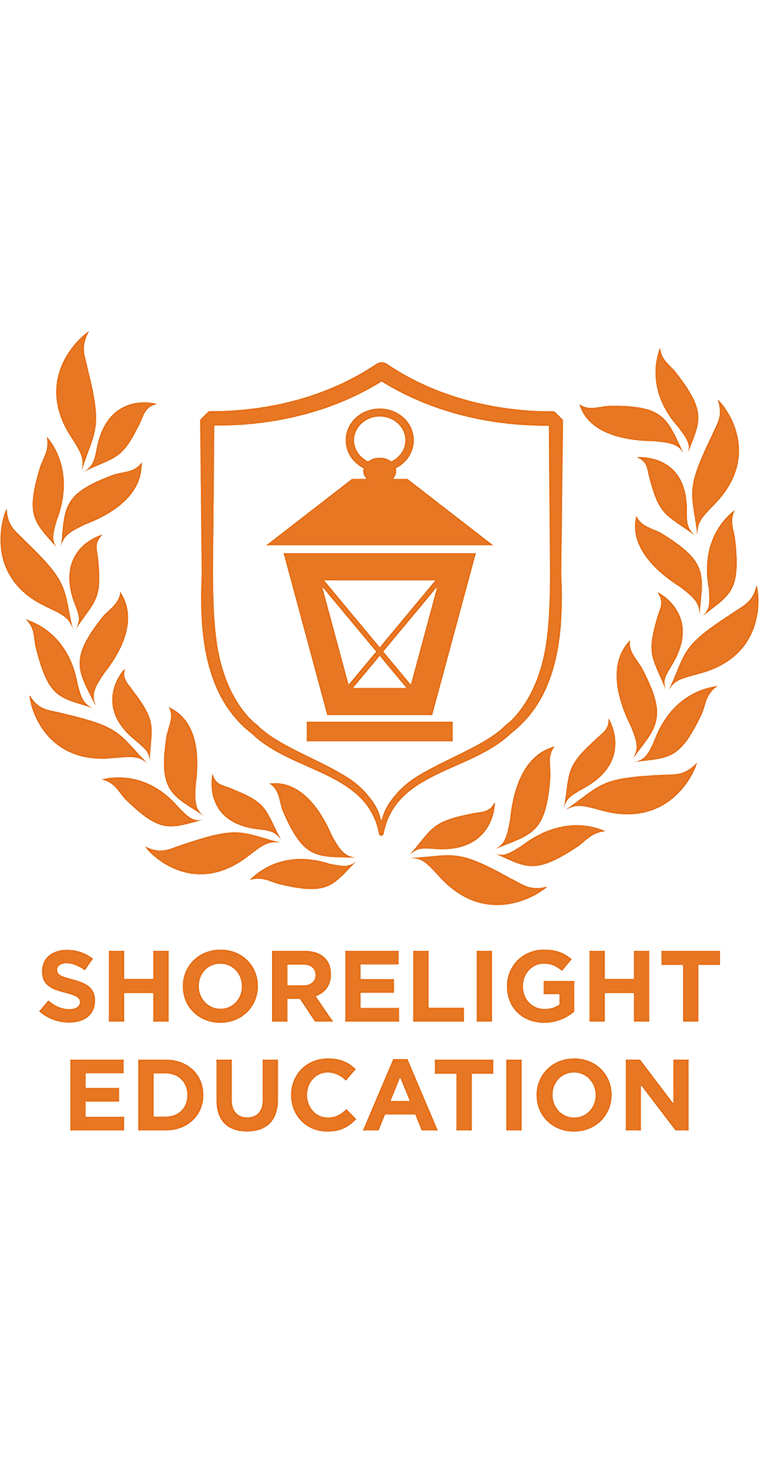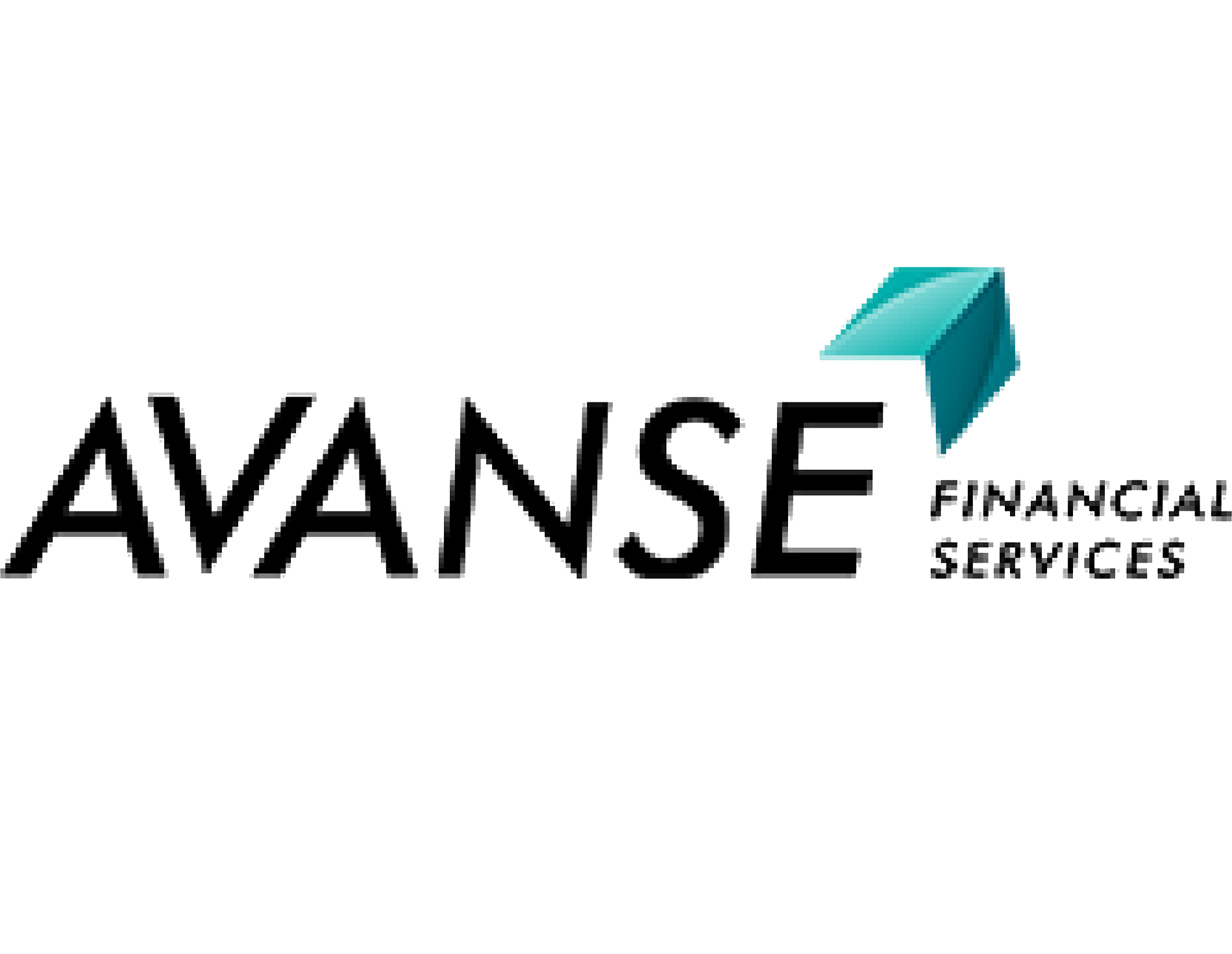
Foreign Education Consultants
Typically replies within minutes
Foreign Education Consultants
Hi There,
How can I help you?

Foreign Education Consultants
Typically replies within minutes
Foreign Education Consultants
Hi There,
How can I help you?
Get university recommendations.
Create SOP for free
Direct university communication
Track your application
Online payments
Don't have an account?
Get university recommendations.
Create SOP for free
Direct university communication
Track your application
Online payments
Already have an account?
Get university recommendations.
Create SOP for free
Direct university communication
Track your application
Online payments
Got your password?

Application Fee
The Department of Agricultural Economics offers a degree program leading to the Master of Science in Agriculture with a concentration in Agricultural Economics. This program stresses thorough mastery of advanced economic theory, methods of quantitative analysis, and the applications of these methods to the problems of agriculture. The broad program of economic research conducted by the department affords a wide selection of areas from which the student may choose a specific problem for research.
The Master of Science in Agriculture with a concentration in Agricultural Economics program is designed for the student to begin graduate coursework in a fall semester; thus, the student must submit application materials prior to July 1. However, graduate research assistantship decisions are usually made in March, and admission to the program must be obtained before an assistantship may be granted. Students are encouraged to apply no later than February.
Prerequisite and Core Courses:
A student must have previously completed the following undergraduate courses (or their equivalents) with a grade of C or higher before beginning the required graduate course sequence:
EC 3113 Intermediate Macroeconomics 3
EC 3123 Intermediate Microeconomics 3
MA 1613 Calculus for Business and Life Sciences I 3
ST 2113 Introduction to Statistics 3
The student admitted to the program enrolls in a rigorous core curriculum composed of courses in microeconomic theory, quantitative techniques, and research methods. The student is required to follow a “lock-step” curriculum as specified below:
Master of Science in Agriculture with Agricultural Economics Concentration - Non-Thesis
First Year, Fall Semester
AEC 8611 Research Seminar I 1
AEC 6713 Quantitative Economics 3
AEC 6733 Econometric Analysis in Agriculture Economics 3
AEC 8163 Consumers, Producers, and Markets 3
First Year, Spring Semester
AEC 8621 Research Seminar II 1
AEC 8143 Agricultural Production Economics 3
AEC 8123 Analysis of Agricultural Markets. 3
AEC 8403 Game Theory 3
Other Requirements
AEC 8233 Applied Welfare and Environmental Economics 3
AEC 8843 Survey Design and Experimental Economics 3
AEC 7000 Directed Individual Study in Agricultural Economics and Agribusiness 1-6
Electives, if required to complete the 32-hour program of study 5
Total Hours 32-37
The curriculum is designed as a lock-step sequence of 26 hours of core coursework. The non-thesis student must take from 1 to 6 Directed Individual Study hours toward a research paper. Approved electives can be used to meet the 32-hour requirement. A minimum of 15 hours at the 8000-level is required.
Master of Science in Agriculture with Agricultural Economics Concentration - Thesis
First Year, Fall Semester
AEC 8611 Research Seminar I 1
AEC 6713 Quantitative Economics 3
AEC 6733 Econometric Analysis in Agriculture Economics 3
AEC 8163 Consumers, Producers, and Markets 3
First Year, Spring Semester
AEC 8403 Game Theory 3
AEC 8621 Research Seminar II 1
AEC 8143 Agricultural Production Economics 3
AEC 8123 Analysis of Agricultural Markets. 3
Other Requirements
AEC 8233 Applied Welfare and Environmental Economics 3
AEC 8843 Survey Design and Experimental Economics 3
AEC 8000 Thesis Research/ Thesis in Agricultural Economics and Agribusiness 6
Total Hours 32
The curriculum is designed as a lock-step sequence of 26 hours of core coursework. The thesis student must take at least 6 hours of AEC 8000 Thesis/Research. At least 12 hours of coursework, exclusive of the thesis credits, must be 8000-level courses.
Provisional Admission
An applicant who has not fully met the GPA requirement stipulated by the University may be admitted on a provisional basis. The provisionally-admitted student is eligible for a change to regular status after receiving a 3.00 GPA on the first 9 hours of graduate courses at Mississippi State University (with no grade lower than a C). The first 9 hours of graduate courses must be within the student's program of study. Courses with an S grade, transfer credits, or credits earned while in Unclassified status cannot be used to satisfy this requirement. If a 3.00 is not attained, the provisional student shall be dismissed from the graduate program. Academic departments may set higher standards for students to fulfill provisional requirements; a student admitted with provisional status should contact the graduate coordinator for the program’s specific requirements. While in the provisional status, a student is not eligible to hold a graduate assistantship.
Academic Performance
A student may be dismissed from the M.S. program for making more than two grades below a B on courses on the student’s program of study. A student may appeal a dismissal decision by following normal appeal procedures outlined in this publication.
Admissions Requirements
Visit the Graduate School website for official details. We provide a summary of requirements here.
Admission and assistantship funding decisions are made by the department's graduate admissions committee. Prospective students should therefore not contact individual faculty members about program admission or possible assistantships before applying.
The application requirements are: transcript, three letters of recommendation, a statement of purpose, an application fee, and, for international students not meeting the conditions outlined in the Graduate Catalog, official TOEFL scores. Additionally, official GRE scores and official undergraduate transcripts are required to be considered for an assistantship. We do not waive any of these requirements or fees for any applicants. The minimum requirement for TOEFL scores are 575/84 or higher or IELTS scores of 7 or higher. Based on recent years, students admitted to the MS program with assistantship funding have had combined Verbal/Quantitative Reasoning GRE scores of 300 or better (and individual scores each of 150 or better). That said, no particular scores are a guarantee of admission to the program or of assistantship funding as those decisions are made on a competitive basis each application cycle.
We admit students into the M.S. program only in the fall semester. For more information on deadlines, see the Graduate School Deadlines. Applications are submitted online.
Assistantships
Admission and assistantship funding decisions are made by the department’s graduate admissions committee. Prospective students should therefore not contact individual faculty members about program admission or possible assistantships before applying. Admitted students identify their thesis major advisor and research area in their first (fall) semester. While a student’s assistantship work may be tied to a particular faculty member and project, the student can conduct thesis research with any faculty member. No additional documents are required to apply for an assistantship. The assistantships come with a full tuition waiver and a stipend. For full consideration for an assistantship, we recommend prospective students submit complete applications no later than February 1 for admission in the subsequent fall term.
Tuition fee-2 years$50,000
Total fee-2 years$92,000



